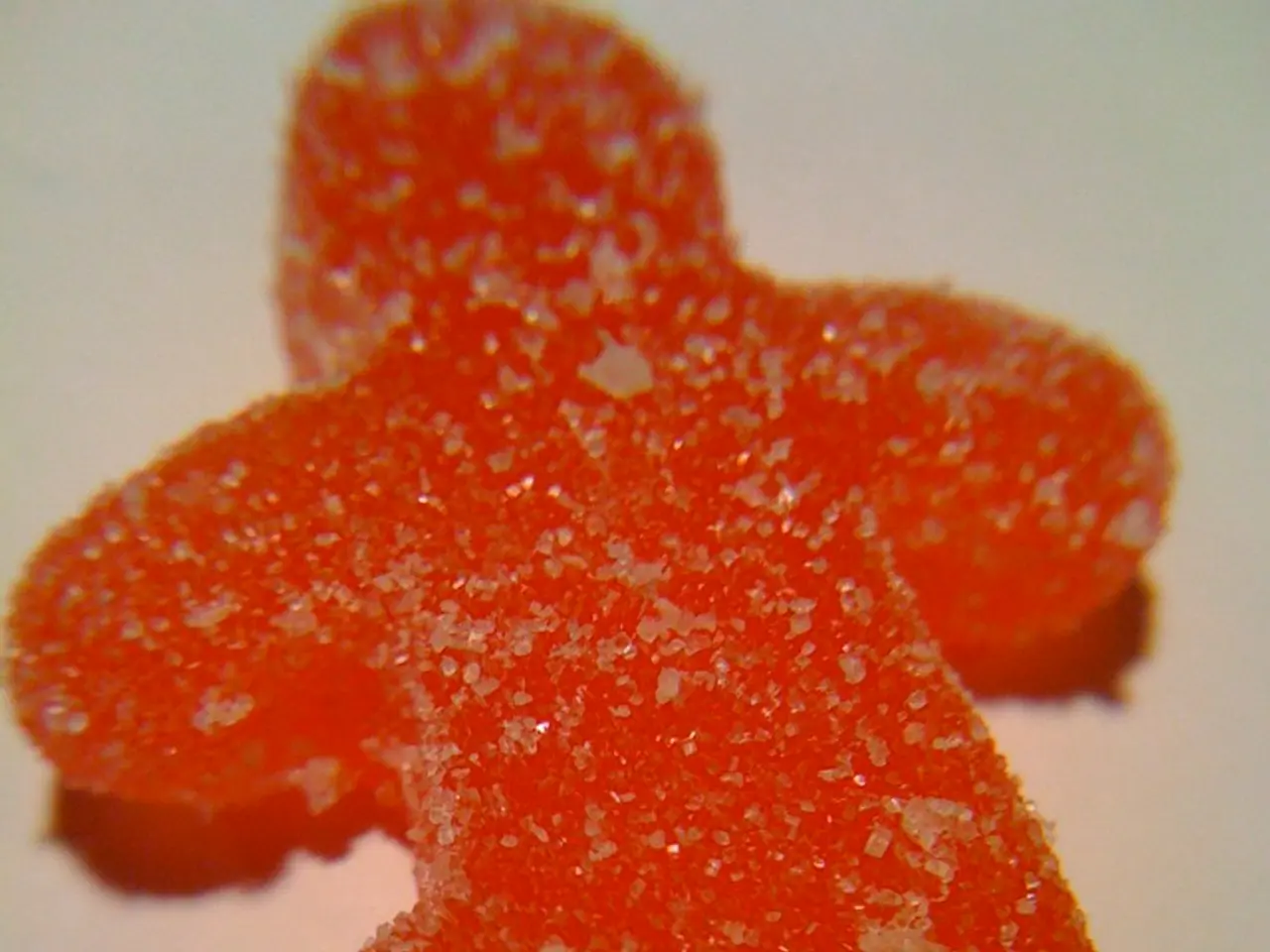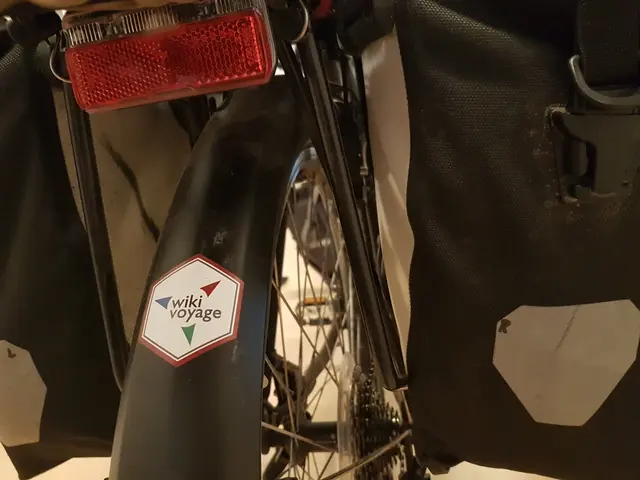Low Blood Sugar Reactivity: Triggers, Signs, and Remedies
Reactive hypoglycemia, a lesser-known form of hypoglycemia, can cause a range of unpleasant symptoms such as hunger, shakiness, fatigue, sweating, and mood swings, among others. This condition is typically diagnosed when blood sugar levels fall below 70 milligrams/deciliter, 2 to 4 hours after a meal.
Long-term management of reactive hypoglycemia primarily focuses on dietary adjustments and lifestyle changes to stabilize blood sugar levels after eating. The key approaches include:
1. Eating smaller, more frequent meals: This helps prevent large blood sugar spikes and subsequent rapid drops, maintaining a more consistent glucose level throughout the day.
2. Choosing low-glycemic index foods: These foods cause slower, more gradual increases in blood sugar, reducing the risk of reactive hypoglycemia.
3. Incorporating fiber, protein, and healthy fats: These nutrients help slow carbohydrate absorption and improve glucose regulation.
4. Regular physical activity: Exercise improves insulin sensitivity and glucose metabolism, but timing is crucial to avoid hypoglycemia.
5. Monitoring and adjusting medications: If the hypoglycemia is related to drug therapy, especially insulin or oral hypoglycemic agents, adjustments may be necessary.
For immediate treatment, doctors advise eating or drinking something that contains 15 grams of carbohydrates. This strategy, known as the rule of 15, can help quickly raise blood sugar levels.
It's important to note that reactive hypoglycemia is not classified as a type of diabetes, but it is a rare form of hypoglycemia. Possible causes include having prediabetes, rare enzyme deficiencies, or having had stomach surgery.
In some cases, people with reactive hypoglycemia may benefit from taking antidiabetic drugs, such as metformin. However, this should only be done under the guidance of a healthcare provider. Metformin may also help reduce symptoms in individuals who doctors suspect may have prediabetes.
Limiting or avoiding caffeine and alcohol can also help prevent low blood sugar, as can limiting the intake of sugary foods and beverages. Certain dietary practices, such as eating small meals throughout the day, may help prevent symptoms.
If you're experiencing symptoms of reactive hypoglycemia, it's crucial to consult a doctor for an examination and testing to rule out prediabetes or other conditions. Severe or persistent cases may require consultation with healthcare providers for tailored interventions.
References: [1] Mayo Clinic. (2021). Reactive hypoglycemia. https://www.mayoclinic.org/diseases-conditions/reactive-hypoglycemia/symptoms-causes/syc-20356000 [2] American Diabetes Association. (2021). Hypoglycemia: Recognition and Treatment of Hypoglycemia. https://care.diabetesjournals.org/content/39/Supplement_1/S11 [3] National Institute of Diabetes and Digestive and Kidney Diseases. (2021). Postprandial Hypoglycemia. https://www.niddk.nih.gov/health-information/diabetes/overview/what-is-diabetes/types-of-diabetes/postprandial-hypoglycemia [4] Cleveland Clinic. (2021). Reactive Hypoglycemia. https://my.clevelandclinic.org/health/diseases/17176-reactive-hypoglycemia [5] Johns Hopkins Medicine. (2021). Postprandial Hypoglycemia. https://www.hopkinsmedicine.org/health/conditions-and-diseases/postprandial-hypoglycemia
- Regardless of whether you have NSCLC or another medical-condition like hyperglycemia or diabetes, maintaining good health-and-wellness is crucial.
- A Q-tip (AQ) should never be used for anything other than its intended purpose, especially for treatment of ears, as it can lead to complications like hypoglycemia or ear infections.
- For persons with bipolar or depression, managing chronic-diseases such as reactive hypoglycemia may require additional consideration in their health-and-wellness plan, as both conditions can be affected by mood swings.
- Psoriasis and eczema are skin conditions, but their manifestations can sometimes coincide with symptoms of prediabetes or reactive hypoglycemia.
- If you have been recently diagnosed with a neurological-disorder, it's essential to work closely with your healthcare provider to adjust your treatment plan, as some medications can trigger hypoglycemia.
- The science behind predictive models for chronic-diseases like diabetes and prediabetes is rapidly evolving, enabling better personalized treatment strategies for affected individuals.
- As a naive patient, it's important to trust the medical advice you receive and closely monitor your health-and-wellness, particularly for symptoms of reactive hypoglycemia or other medical-conditions.
- When it comes to mental-health, conditions such as depression and bipolar can co-occur with a range of chronic-diseases, including hypoglycemia and diabetes, necessitating comprehensive and tailored treatment approaches.
- During a visit to your healthcare provider, be sure to discuss your current medical-conditions and any medications you're taking, as certain drug interactions can potentially lead to lower-than-normal blood sugar levels (hypoglycemia).
- In the realm of health-and-wellness, adopting a balanced diet rich in low-glycemic index foods, fiber, protein, and healthy fats can help maintain optimal blood sugar levels and reduce the risk of developing both diabetes and reactive hypoglycemia.





